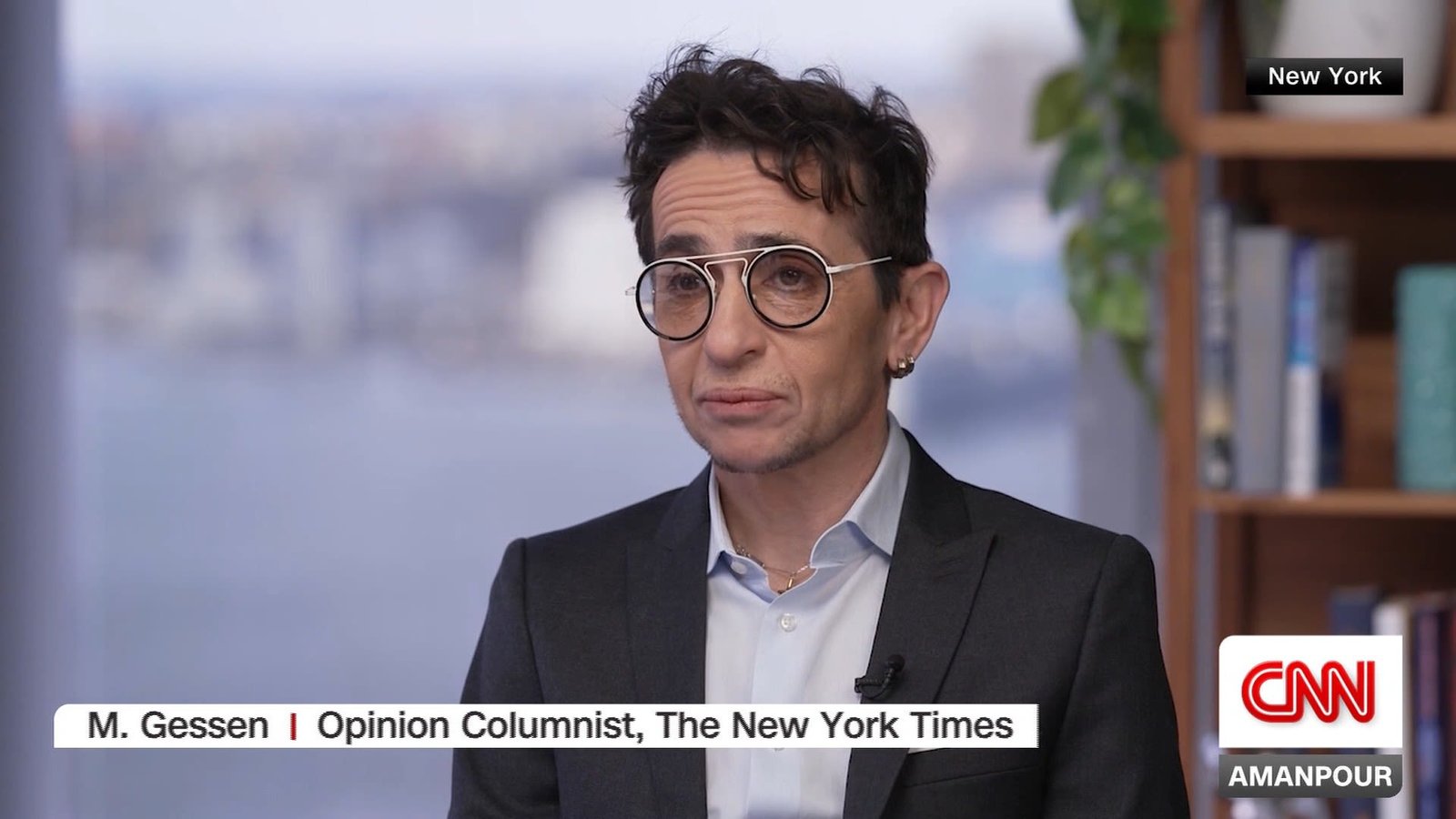
In recent developments, President Donald Trump has increasingly adopted Russian President Vladimir Putin’s rhetoric on foreign affairs, marking a dramatic departure from traditional U.S. policy. This alignment has raised concerns among international observers and domestic critics, who warn of potential risks to U.S. global standing.
Embracing Putin’s Language
New York Times columnist Masha Gessen recently pointed out this shift, stating, “I see Trump absorbing Putin’s language.” This observation highlights the growing parallels in the discourse of both leaders, particularly concerning the conflict in Ukraine.
Beyond linguistic similarities, there is also a strategic realignment in diplomatic relations. The U.S. foreign policy approach appears to be shifting away from the traditional Western stance, with a growing distance from European allies and a more direct engagement with adversarial powers.
Exclusion of Allies in Diplomatic Talks
On February 18, 2025, U.S. and Russian officials met in Riyadh, Saudi Arabia, to discuss ending the war in Ukraine and strengthening bilateral relations. Notably, Ukrainian representatives and European allies were excluded from the negotiations, raising concerns about their absence from a critical peace process.
This departure from normal diplomatic protocol is viewed as a break from historical U.S. foreign policy, which has traditionally emphasized strong coordination with allies. The move has led to speculation about a potential restructuring of global alliances under the Trump administration.
Reactions at Home and Abroad
The response to this shift has been deeply divided:
- Domestic Reactions:
- Supporters of Trump’s “America First” doctrine argue that prioritizing direct negotiations with Russia strengthens U.S. global influence.
- Critics worry that Trump’s alignment with Putin could embolden Russian aggression and compromise U.S. national security.
- A recent Gallup poll revealed a stark partisan divide:
- Republicans largely oppose additional support for Ukraine.
- Democrats fear the foreign policy shift may have serious geopolitical consequences.
- International Reactions:
- European leaders have voiced strong concerns over the U.S.’s approach to Ukraine.
- Many view the exclusion of Ukraine and European nations from the Riyadh talks as a deliberate weakening of traditional Western alliances.
- Analysts warn that this shift could destabilize European security and alter the global balance of power.
Challenges to U.S. Foreign Policy
The convergence of Trump’s rhetoric with Putin’s suggests a fundamental transformation in U.S. foreign policy priorities. This shift could have far-reaching consequences, including:
- Strained relations with NATO and Western allies
- Potential encouragement of Russian expansionism
- Redefinition of global democratic values
- Shifting power dynamics in international politics
The evolving U.S.-Russia relationship signals a critical moment in global diplomacy, where the future of international alliances and democratic institutions remains uncertain.
FAQ – Understanding the Shift in U.S. Foreign Policy
Q: What are the possible consequences of closer U.S.-Russia alignment?
A: A stronger U.S.-Russia relationship could lead to strained relations with key allies, embolden adversarial nations, and undermine global democratic norms.
Q: Why were Ukraine and European allies excluded from the recent talks in Riyadh?
A: No official explanation has been provided. However, many experts believe this exclusion raises concerns about transparency, diplomatic inclusivity, and the future of traditional U.S. alliances.
Q: How has public opinion in the U.S. responded to this shift?
A: Public opinion is deeply polarized:
- Republicans generally support Trump’s direct approach to Russia.
- Democrats fear that closer ties with Putin pose a national security risk.
Stay Updated – Share Your Thoughts!
As these global dynamics evolve, it is essential to stay informed and engage in critical discussions. What do you think about this shift in U.S. foreign policy? Share your thoughts in the comments and explore more in-depth analysis on this topic.





